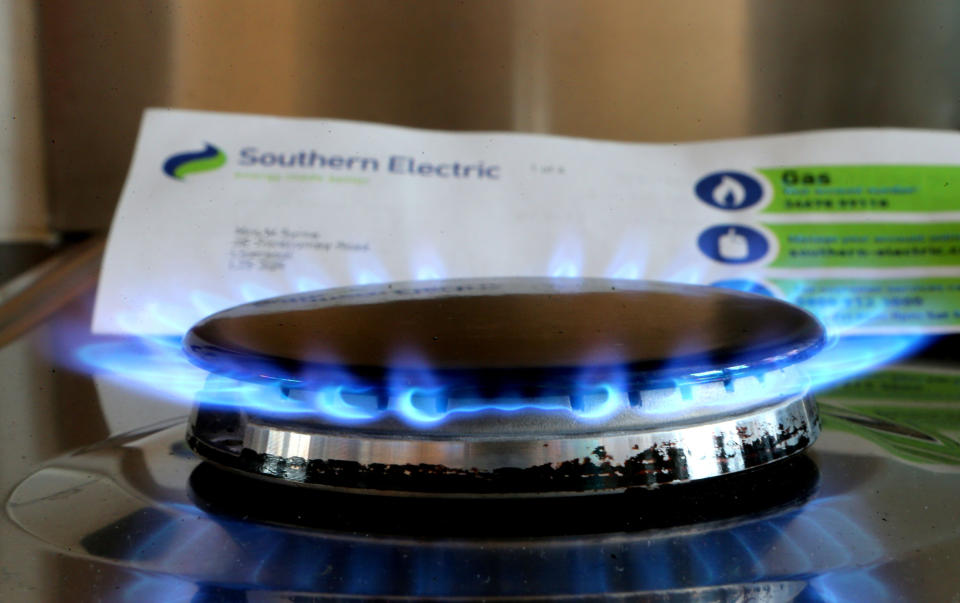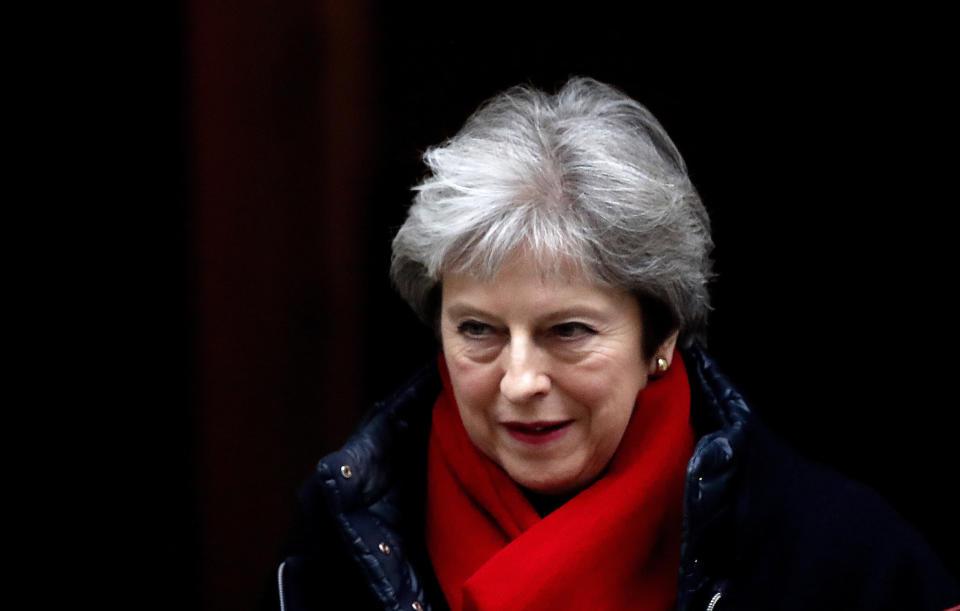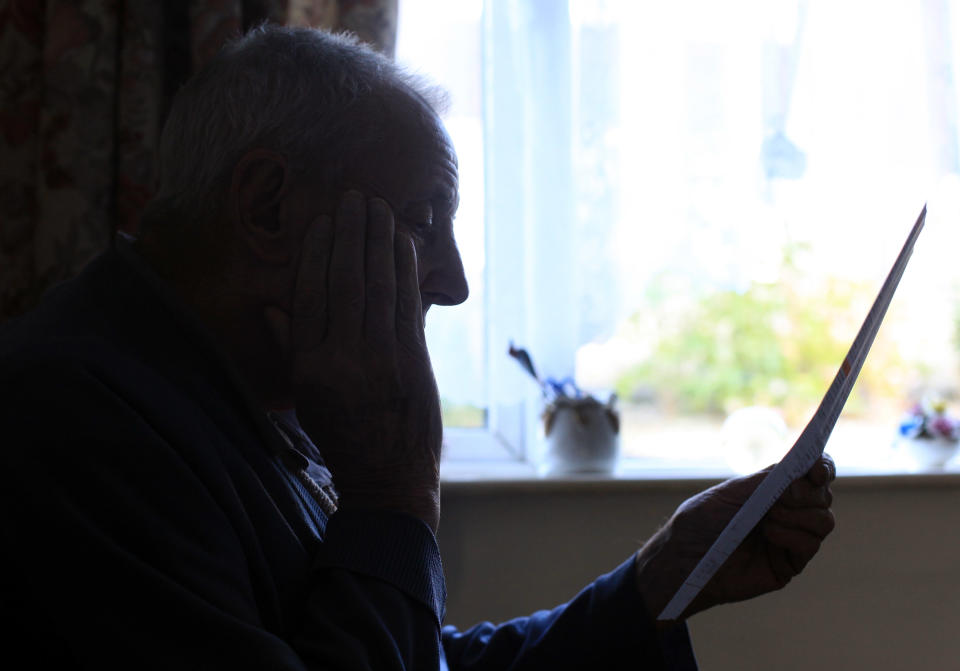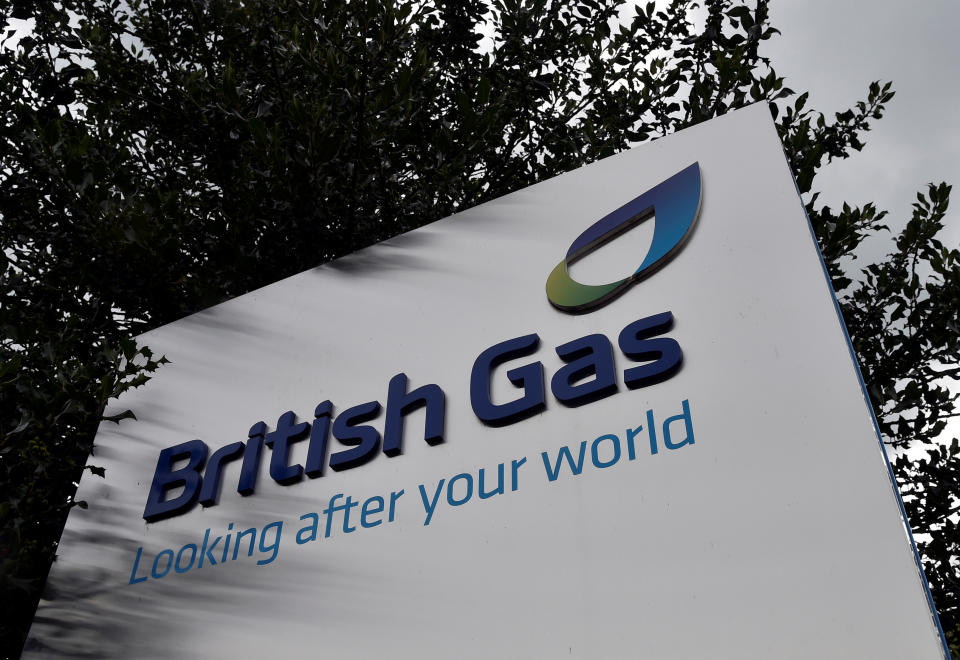How will Theresa May's energy price cap plan help 11m British households?

Plans for a cap on energy prices that could benefit about 11 million British households are to be presented to Parliament today.
The Domestic Gas and Electricity (Tariff Cap) Bill would allow Ofgem, the sector regulator, to limit standard variable tariffs (SVTs) until 2020, with the option to extend the cap on an annual basis until 2023.
SVTs are the default rate customers are usually transferred on to once their deal comes to an end. They are in most cases more expensive than other tariffs offered by energy suppliers.
MORE: British Gas owner to axe 4,000 jobs – despite making £1.25bn profit
Despite efforts to make switching easier and big drives to publicise the benefits of shopping around, campaigners and now politicians believe too many vulnerable households continue to pay too much for their energy.

How will the price cap work?
Ministers will put the Bill before Parliament today, hoping that these estimated 11m billpayers could save up to £100 each.
Ofgem will be given the power to limit how much suppliers can charge people on SVTs.
The draft bill sets five tests for Ofgem to bear in mind when framing the cap: protecting customers against excessive fuel bills, giving suppliers incentives to become more efficient, ensuring companies can secure sufficient finance, enabling effective competition and providing incentives to switch.
Domestic customers of the “Big Six” energy companies are paying £1.4bn a year more than they would in a truly competitive market.
MORE: 5 million poorest households face 5.5% energy bills rise – after watchdog changes tariffs
What isn’t clear is whether customers will have to apply to be eligible or if it will be applied to their bills automatically.
Prime Minister Theresa May has spoken at length of her determination to tackle the issue of SVTs.
She said on Monday: “Our energy price cap will cut bills for millions of families. It’s often older people or those on low incomes who are stuck on rip-off energy tariffs, so today we are introducing legislation to force energy companies to change their ways.”

What’s the downside?
Richard Neudegg, head of regulation at the price comparison site uSwitch says the price cap is “fraught with potential unintended consequences”.
He said: “The biggest danger is that it risks giving consumers a false sense of security that their bills will be lowered.”
Campaigners fear that while energy suppliers may be forced to put people on lower tariffs those rates may not be the the lowest or most competitive.
MORE: New energy price cap will help 1 million households – are you eligible?
Some have warned the cap could see suppliers actually raise the price of their cheapest tariffs to cover the cost of the price cap.
Lawrence Slade, chief executive of industry lobby group Energy UK, said: “It’s vital the cap doesn’t halt the growth of competition which is helping customers to find a better deal and save on their energy bills.
“It’s also important that the cap accurately reflects suppliers’ costs, most of which are out of their direct control.”

What’s the industry done in response?
Three of the so-called Big 6 energy suppliers have already moved to withdraw SVTs.
But, while British Gas, E.on and Scottish Power have said new customers will be put on a short-term deal, those deals will likely be more expensive than some of the others on offer.
Centrica’s chief executive, Iain Conn, said last year when he announced the end of its SVTs: “The default needs to be an unattractive tariff but not a punitive tariff.”
Energy suppliers want customers locked in to longer-term deals, to retain a steady stream of money. They don’t want to see customers switching every year or so.
Dermot Nolan, head of Ofgem, said the key point was not to replace one bad tariff with another expensive tariff.
With suppliers already saying the price cap could hit their businesses, he said Ofgem would be keeping a very close eye on how they reacted to the cap.
British Gas owner Centrica last week blamed, in part, the prospect of the price cap hitting its bottom line and prompting the announcement of 4,000 job losses in its UK domestic arm.

 Yahoo Finance
Yahoo Finance 
